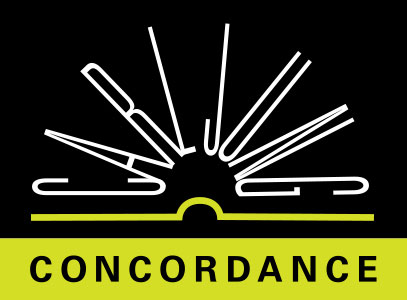Freud's achievement is by no means inconsiderable. But while he shares with others the discovery of the unconscious in relation to the aetiology and structure of neuroses and psychoses, his great and unique merit, to my mind, lies in his discovery of a method for exploring the unconscious and, more particularly, dreams:
Freud was the first to make the bold attempt to throw open the secret doors of the dream. The discovery that dreams have a meaning, and that there is a way to an understanding of them, is perhaps the most significant and most valuable part of this remarkable edifice called psychoanalysis. I do not wish to belittle Freud's achievement, but I feel I must be fair to all those who have wrestled with the great problems of medical psychology and who, through their labours, have laid the foundations without which neither Freud nor myself would have been able to accomplish our tasks. Thus Pierre Janet, Auguste Forel, Théodore Flournoy, Morton Prince, Eugen Bleuler, deserve gratitude and remembrance whenever we speak of the first steps of medical psychology
CW17 ¶ 129FUNCTIONAL NEUROSES ARE CAUSALLY
BASED ON UNCONSCIOUS CONTENTS
Freud's work has shown that the functional neuroses are causally based on unconscious contents whose nature, when understood, allows us to see how the disease came about. The value of this discovery is as great as the discovery of the specific cause of tuberculosis and other infectious diseases. Moreover, quite apart from the therapeutic importance of analytical psychology, the psychology of the normal has been tremendously enriched, for the understanding of dreams has opened up an almost limitless vista, showing how consciousness develops out of the remotest and darkest depths of the unconscious, while the practical application of the analytical method has enabled us to distinguish typical functions and attitudes in the behaviour of normal individuals
CW17 ¶ 130PSYCHOANALYSIS CONCERNS ITSELF
WITH ABNORMAL CASES
In so far as psychoanalysis is a branch of medical psychology, it concerns itself solely with abnormal cases and should therefore be reserved for the physician; but dream psychology, studied for the light it throws upon normal human behaviour, will be of ever-increasing interest to thoughtful people generally, and especially to those with educational inclinations. It is in fact highly desirable that the educator, if he wishes really to understand the mentality of his pupils, should pay attention to the findings of analytical psychology. That, however, presupposes some knowledge of psychopathology, for the abnormal child is far harder to understand than the normal. Abnormality and disease are not far apart, and just as one expects some knowledge of the physical ailments of children from the all-round educated teacher, so one might expect from him a little knowledge of their psychic ailments
CW17 ¶ 130